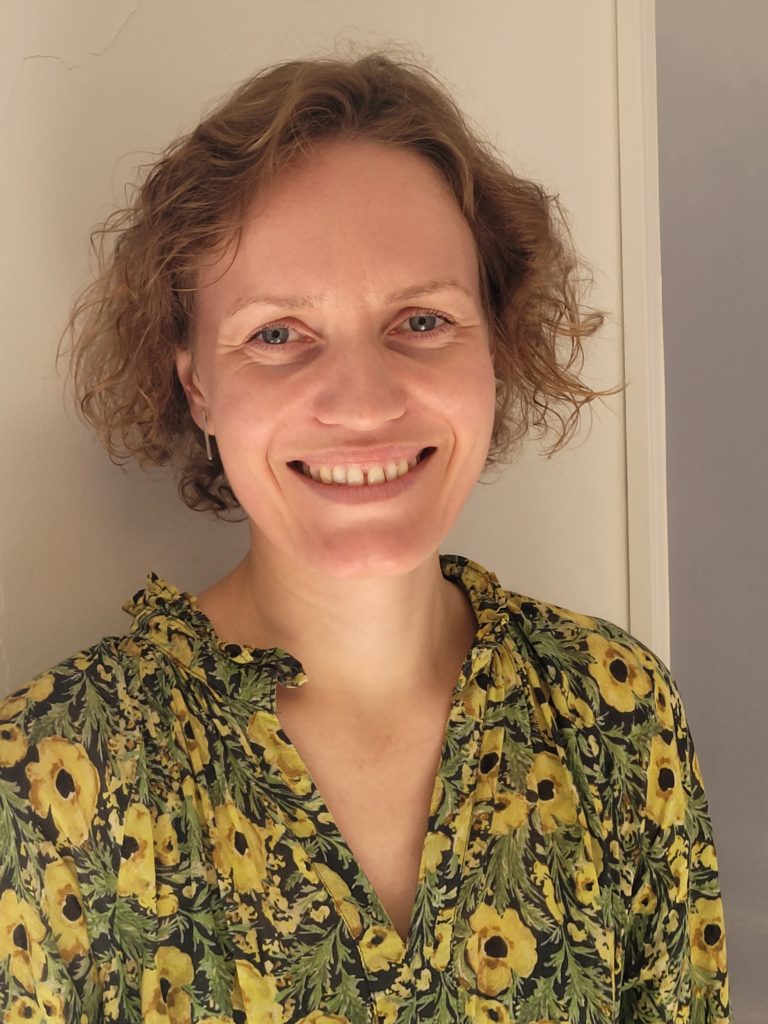In case of any technical or organizational problems, please contact: assistant@estd.org
The recording of this webinar will be available later as video-on-demand only for ESTD members.


Abstract
Unlike earlier descriptions of complex PTSD, the ICD-11 model of Complex PTSD (CPTSD) does not list dissociation as a unique symptom cluster. This talk will present the results of analysis that tested whether the ICD-11 CPTSD symptoms can exist independently of dissociation in a nationally representative sample of Irish adults (N = 1,020) who completed self-report measures. Latent class analysis was used to identify unique subsets of people with distinctive symptom profiles. The best fitting model contained four classes including a “low symptoms” class (48.9%), a “PTSD” class (14.7%), a “CPTSD” class (26.5%), and a “CPTSD + Dissociation” class (10.0%). These classes were related to specific adverse childhood experiences, notably experiences of emotional and physical neglect. The “PTSD,” “CPTSD,” and “CPTSD + Dissociation” classes were associated with a host of poor health outcomes, however, the “CPTSD + Dissociation” class had the poorest mental health and highest levels of functional impairment. Findings suggest that ICD-11 CPTSD symptoms can occur without corresponding dissociative experiences, however, when CPTSD symptoms and dissociative experiences occur together, health outcomes appear to be more severe.
Dr. Philip Hyland is a Professor in the Department of Psychology at Maynooth University. Philip’s research focuses on understanding the nature, predictors, and outcomes of psychological responses to trauma. Philip is widely published in these areas and currently serves as the Deputy Statistical Editor for the Journal of Traumatic Stress. Philip’s research has been funded by several national and international funding agencies including the Health Research Board, the Irish Research Council, and the European Commission.

Clinical psychologist, phd
Abstract
Dissociative symptoms commonly co-occur with many psychiatric disorders. With the inclusion of complex PTSD in ICD-11 and the PTSD dissociative subtype in DSM-5, the role of dissociation in PTSD diagnosis has gained increased attention. Empirical studies consistently show that dissociative symptoms, such as depersonalization and derealization, are present in a subset of individuals with PTSD, supporting the DSM-5 PTSD dissociative subtype. However, the relationship between dissociative symptoms and ICD-11 complex PTSD remains underexplored. This presentation discusses empirical data on the relationship between dissociative symptoms and ICD-11 complex PTSD in a Danish clinical sample (N = 114). Using a structural equation model (SEM), we examined the associations between the International Trauma Questionnaire and both psychoform and somatoform dissociation, measured by the Dissociative Symptoms Scale and the Somatoform Dissociation Questionnaire (5-item version). The findings indicate complex PTSD is intricately linked with dissociative symptoms.
Lise Møller is a clinical psychologist who treats survivors of severe trauma in both inpatient and outpatient psychiatry in Denmark. Her research focuses on understanding the psychopathology of trauma, including dissociation and personality pathology. She received a PhD for her thesis titled “ICD-11 PTSD and CPTSD: Traumatic Experiences, Personality Pathology, and Dissociation.” Recently, in collaboration with colleagues, she published a research-based clinical guideline for psychotherapy for PTSD and comorbidity. Lise is a board member of the European Society of Trauma and Dissociation and serves on its Scientific Committee. She translated the Danish version of the Trauma and Dissociation Symptoms Interview (TADS-I). Additionally, she teaches mental health professionals in Denmark about the new diagnostic criteria for ICD-11 PTSD and Complex PTSD, as well as dissociative phenomena.
In case of any technical or organizational problems, please contact: assistant@estd.org
The recording of this webinar will be available later as video-on-demand only for ESTD members.